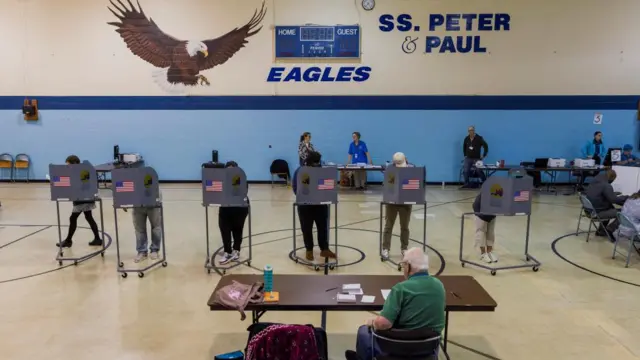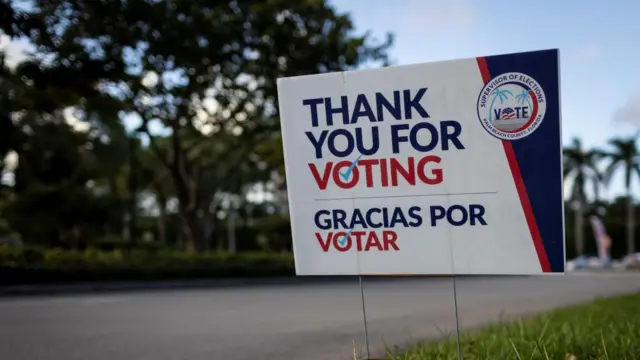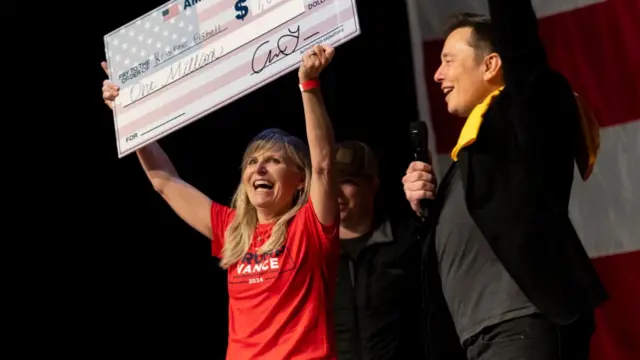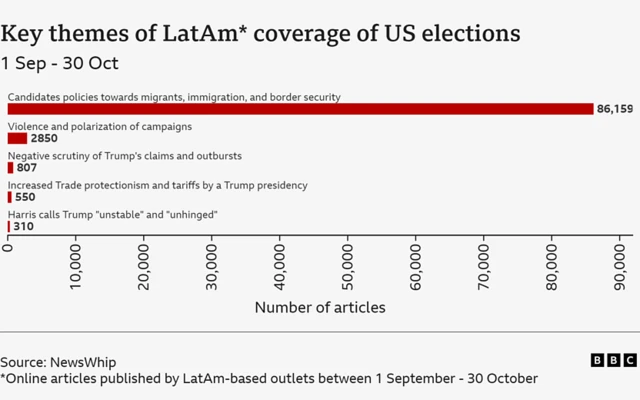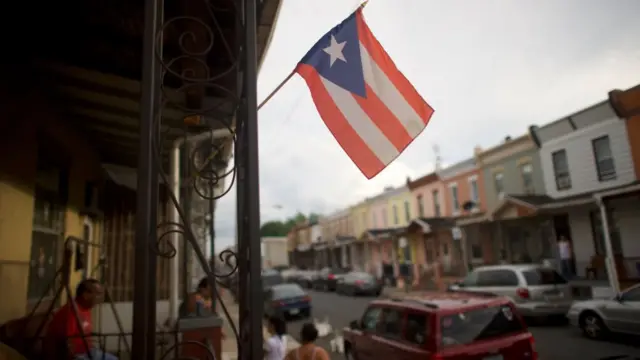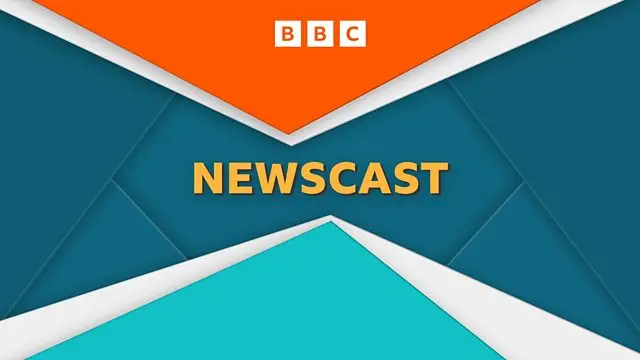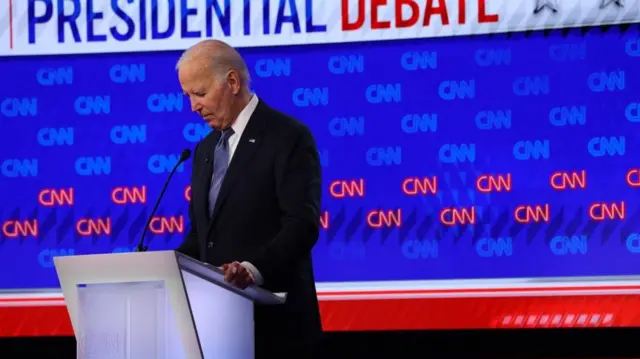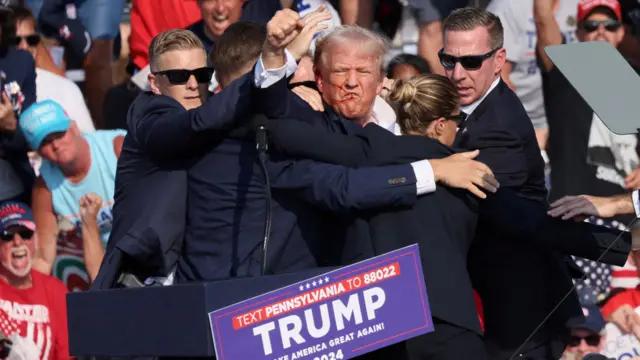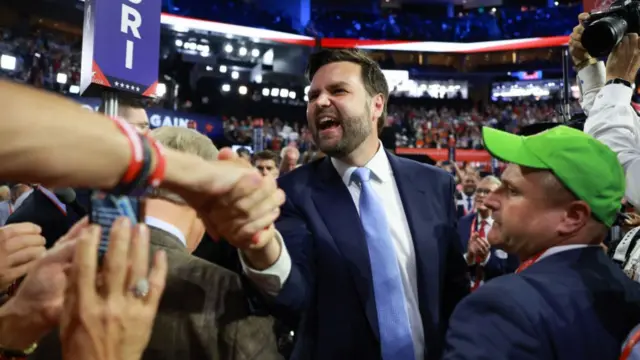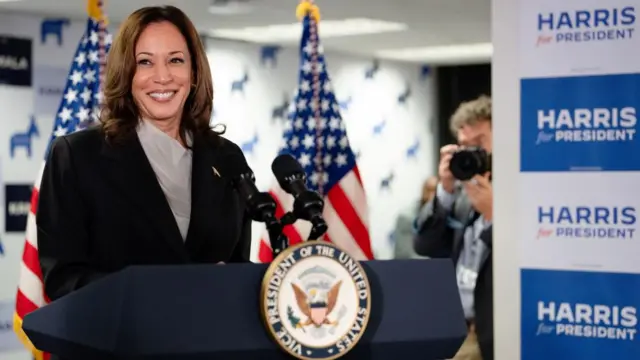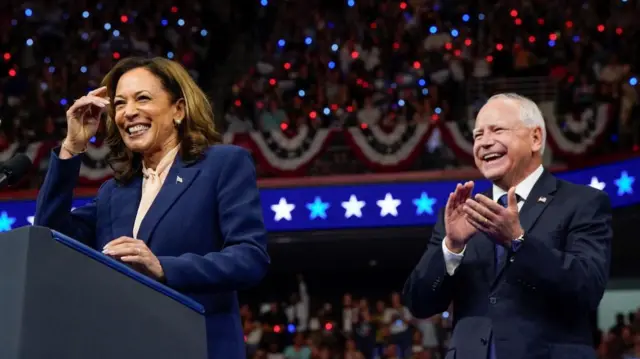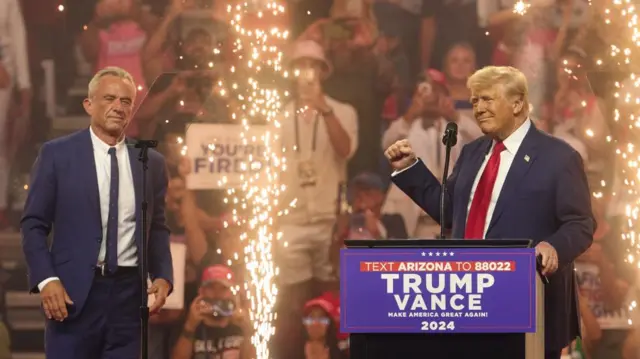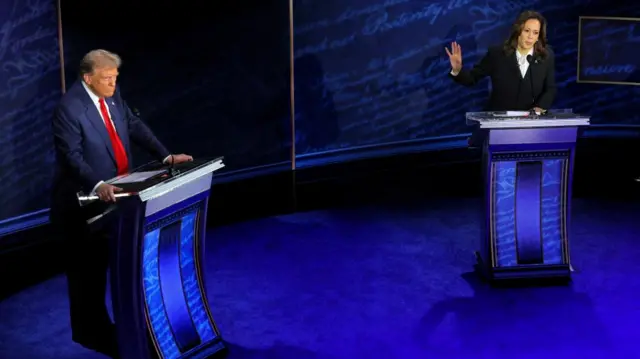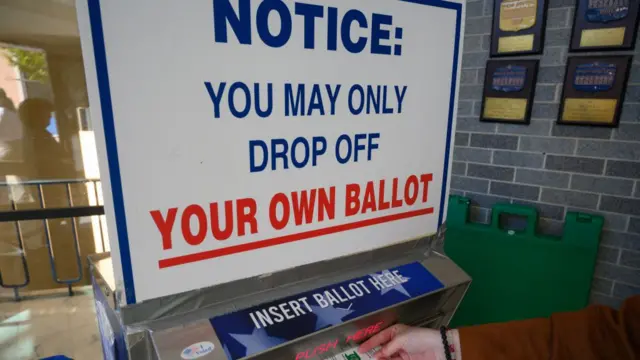How important is the independent vote in Arizona?published at 18:41 GMT 4 November 2024
 Samantha Granville
Samantha Granville
Reporting from Phoenix, AZ
According to data published by the Arizona secretary of state, more than a third of registered voters in the state are independent voters.
Independent voters are a wild card. It’s hard to track who they voted for in the past, where they are, issues that matter to them and so on.
Candidates are constantly trying to shift their positions to reach these voters.
But when people talk about independent voters, we think about people who haven’t figured out yet how they are going to vote, but in reality it’s most Republican leaning independents or Democrat leaning independents with a tiny, tiny, tiny slice of persuadable voters.
According to exit polls in 2016, independents were 40% of the electorate. They broke by three points for former President Trump, and he went on to win the state that year.
In 2020 independents were 39% of the electorate, and Biden won them over Trump by nine, so definitely a key group.
So the key to an Arizona victory is locking in the independent vote.



